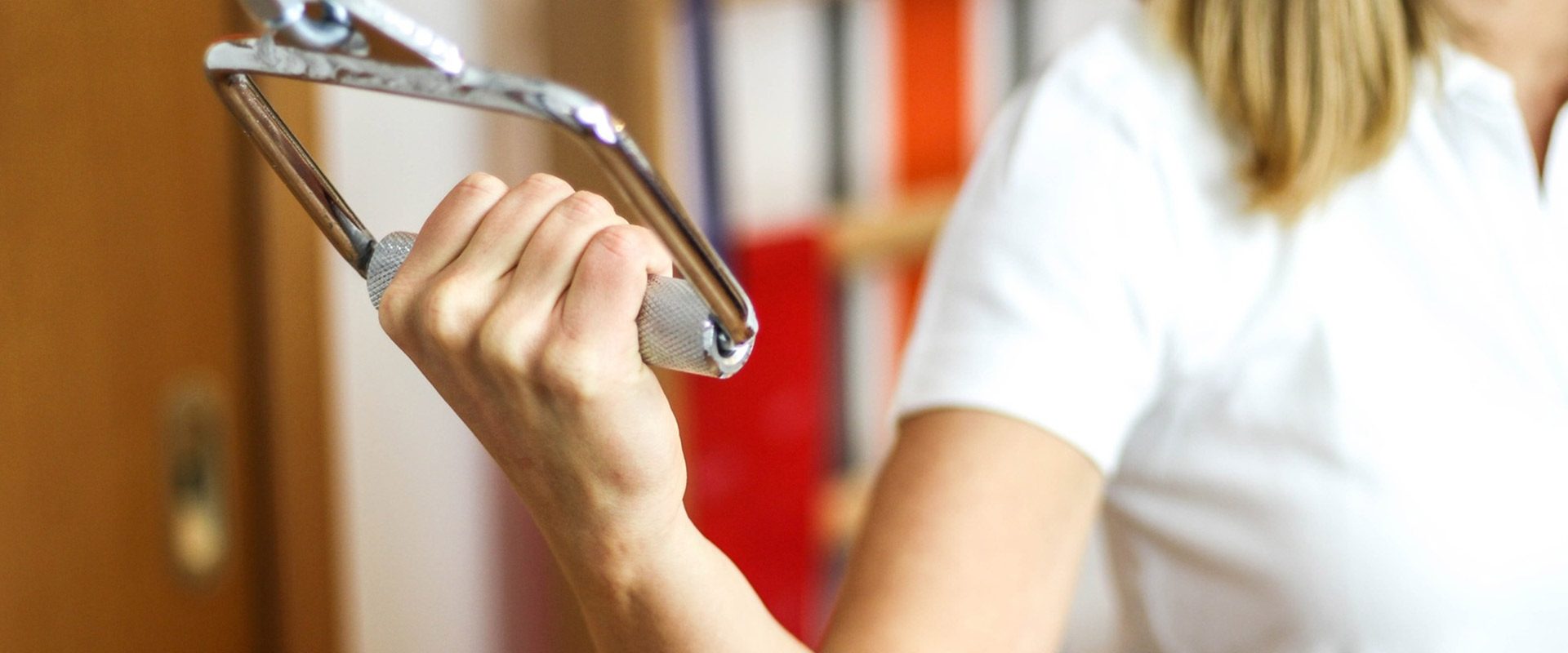
The purpose of a course in physiology is to teach the functions, processes and inter‐relationship of the different organs and systems of the normal disturbance in disease and equip the student with normal standards of reference for use while diagnosing and treating deviations from the normal.
To a homoeopath the human organism is an integrated whole of body life and mind and though life includes all the chemico‐physical processes it transcends them. There can be no symptoms of disease without vital force animating the human organism and it is primarily the vital force which is deranged in disease.
Physiology shall be taught from the stand point of describing physical processes underlying them in health. There should be close cooperation between the various departments while teaching different systems. There should be joint courses between the two departments of anatomy and physiology so that there is maximum coordination in the teaching of these subjects.
Seminars should be arranged periodically and lecturers of anatomy, physiology and biochemistry should bring home the point to the students that the integrated approach is more meaningful.
At the end of the course the student will be able to:
At the end of the course the student will be able to:
All Rights Reserved. Copyright © Protected 2023. S.S.H.M.H. Powered by Dotdev Technology